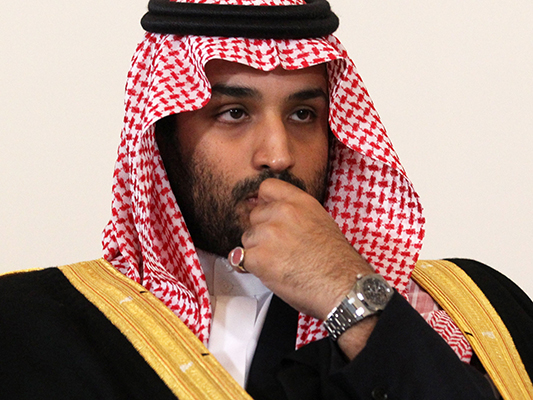As analysts view Wahhabism as the main source of Takfiri ideology of some terrorist groups like ISIS, the Saudi crown prince has admitted that his country is spreading Wahhabism at the request of its western allies.
“Investments in mosques and madrassas overseas were rooted in the Cold War, when allies asked Saudi Arabia to use its resources to prevent inroads in Muslim countries by the Soviet Union,” he was quoted as saying in an interview with Washington Post.
Successive Saudi governments lost track of the effort, he said, and now “we have to get it all back.”
He went on to say funding now comes largely from Saudi-based “foundations”, rather than from the government.
During the interview, he also touched on Islam and his interpretation of the religion.
“I believe Islam is sensible, Islam is simple, and people are trying to hijack it,” he said.
Bin Salman said lengthy discussions with clerics have been positive and are “why we have more allies in the religious establishment, day by day.”
On his reform efforts at home, including giving women the right to drive and have more rights outside the home, the crown prince said he has worked hard to convince conservative religious leaders such restrictions are not part of Islamic doctrine.
Elsewhere in the interview, the Saudi crown prince said it would be “really insane” for him to trade classified information with presidential son-in-law and White House adviser Jared Kushner, or to try to use Kushner to promote Saudi aims within the Trump administration.
Bin Salman denied US media reports that he had claimed Kushner was “in his pocket,” or that, when the two met in Riyadh in October, he had sought or received a green light from Kushner for massive arrests of allegedly corrupt members of the royal family and Saudi businessmen that took place in the kingdom shortly afterward, Washington Post wrote.
He also said Saudi Arabia owns about 5 percent of world’s uranium reserves adding “if we don’t use it, it’s like telling us don’t use oil.”
Bin Salman then talked about the prospects for economic growth in the Middle East, saying it could be “the next Europe” if a series of problems can be resolved.
He described the US move to recognize Jerusalem al-Quds as Israel’s capital as “painful” and added the move has made a deal under US auspices far more difficult.
